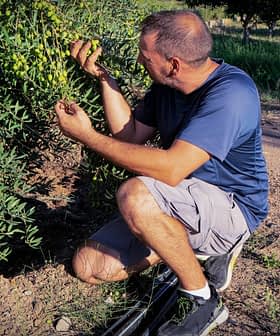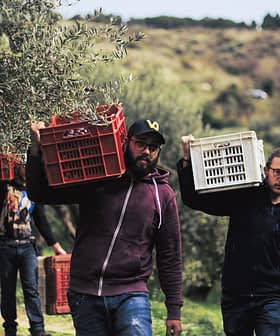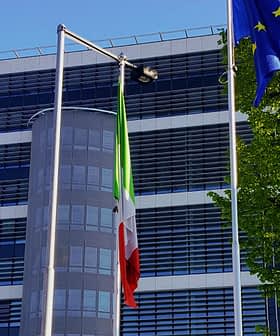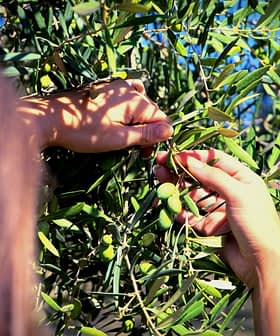Rise in Production of Italian PDO and PGI Olive Oils, New Report Reveals
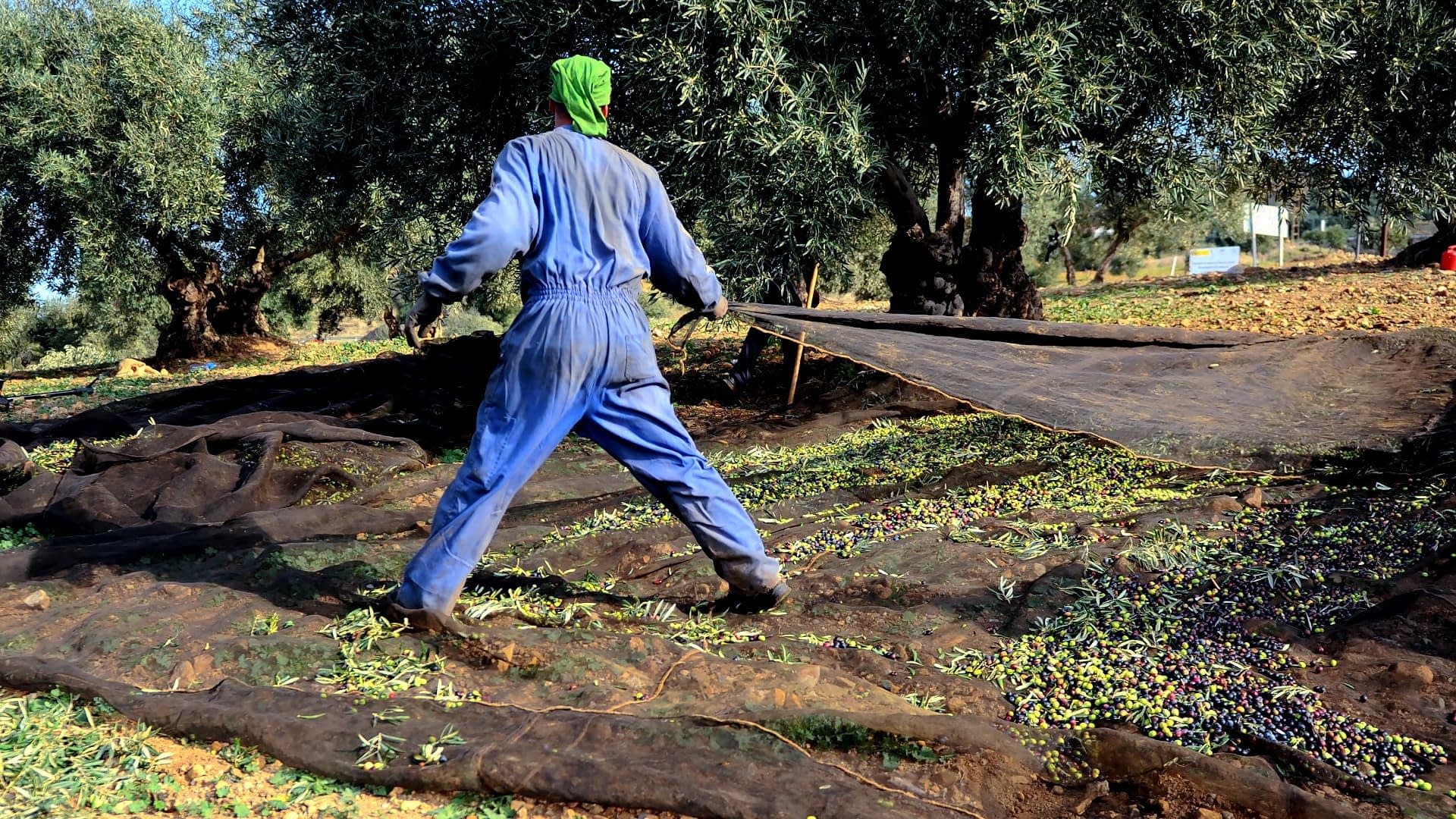
The latest report from Ismea and the Qualivita Foundation reveals a 3.6 percent increase in production of Italian extra virgin olive oils with geographical indications, reaching a record value of over €20 billion despite challenges in the macroeconomic scenario. The report highlights fluctuations in production and export values of different PDO and PGI extra virgin olive oils, with the Italian GI agri-food sector showing resilience and steady growth, supported by the upcoming European law to strengthen protection and traceability of GI products.
The most recent report from the Italian Institute of Services for the Agricultural and Food Market (Ismea) and the Qualivita Foundation shows a 3.6 percent increase in the production of Italian extra virgin olive oils with a geographical indication (GI).
The two organizations emphasized that despite a macroeconomic scenario marked by the energy and climate crisis, the Italian GI agri-food sector reached record levels, rising above €20 billion in production value for the first time.
According to the report, extra virgin olive oils with Protected Designation of Origin (PDO) and Protected Geographical Indication (PGI) certifications reached a volume of almost 13,500 tons (a 3.6‑percent increase).
See Also:Producers in Abruzzo Seek PGI CertificationAt the same time, their export value experienced a slight 0.3 percent decrease, slipping to €62 million at the end of 2022.
“These figures reflect an olive oil campaign characterized by abundant production in the southern regions and lower volumes in the center and north of Italy that resulted in a poor availability of some PDOs and PGIs,” Tiziana Sarnari, an Ismea market analyst, told Olive Oil Times.
“In particular, the drop in production of the Toscano PGI, which is one of the GI products with the highest price, led to a slight decline in the production value and in the consumer value of the entire segment, which reached €85 million (a four percent decline) and €142 million (a 5.7 percent decline) respectively,” she added.
“Still, the sector is in good shape, with the strong performance of the Sicilian products,” Sarnari continued. “The Sicilia PGI has continued to grow and become the third geographical indication by value, while the exports of the Valli Trapanesi PDO doubled.”
Italy boasts 42 PDO and eight PGI extra virgin olive oils with almost 23,500 operators involved in the sector, which enjoyed a decade of steady growth and only saw a temporary setback due to the Covid-19 pandemic restrictions, as indicated by previous reports by Ismea and Qualivita.
Currently, the country’s top five GI extra virgin olive oils are Terra di Bari PDO (€24 million), which accounts for the largest share of the value of the entire GI agri-food sector of the Puglia region; Toscano PGI (€17 million); Sicilia PGI (€10); Val di Mazara PDO (€8.3) and Riviera Ligure DOP (€4 million).
Combined, these five PDOs and PGIs represent 75 percent of the total value of the GI extra virgin olive oils. Terra di Bari PDO and Toscana PGI alone account for 49 percent of the total value.
The system of Protected Designations of Origin and Protected Geographical Indications was created to protect the quality standards and production methods of agri-food products while providing greater provenance guarantees for consumers.
Introduced in the E.U. with Regulation 2081/1992 and later replaced by Regulation 510/2006, legislation defining and protecting GIs has evolved and improved.
In the first months of 2024, a new European law will come into force to strengthen the protection of GI products.
Among the innovations introduced by the regulatory framework is the more effective protection of GIs sold online and used as ingredients in processed products, as well as improved traceability of producers.
Moreover, the law aims to strengthen the function of the Protection Consortia, whose role in Italy has developed in parallel with the sector’s growth.
There are currently 24 consortia for protecting the country’s PDO and PGI extra virgin olive oils, which are increasingly committed to safeguarding the products and their territories and promoting cultural and tourist itineraries.


